Introduction
10 Essential Training Tips for Your Cane Corso Puppy is essential for a well-behaved adult dog.
- Early training sets the foundation for obedience and social skills
- These intelligent dogs require firm yet loving guidance from their owners
- Consistent training helps manage their strong-willed personality and energy
- Start early, be patient, and keep sessions fun to ensure effective learning
- Follow these 10 Essential Training Tips for Your Cane Corso Puppy successfully
1. Start Early

Begin training as soon as you bring your puppy home for the best results.
- Socialization: Expose your puppy to different people and environments
- Basic commands: Teach sit, stay, and come to establish communication
- Crate training: Helps with housebreaking and provides a safe space
- Leash training: Start with short walks to get your puppy used to the leash
- Positive reinforcement: Use treats and praise to reward good behavior
2. Consistent Commands
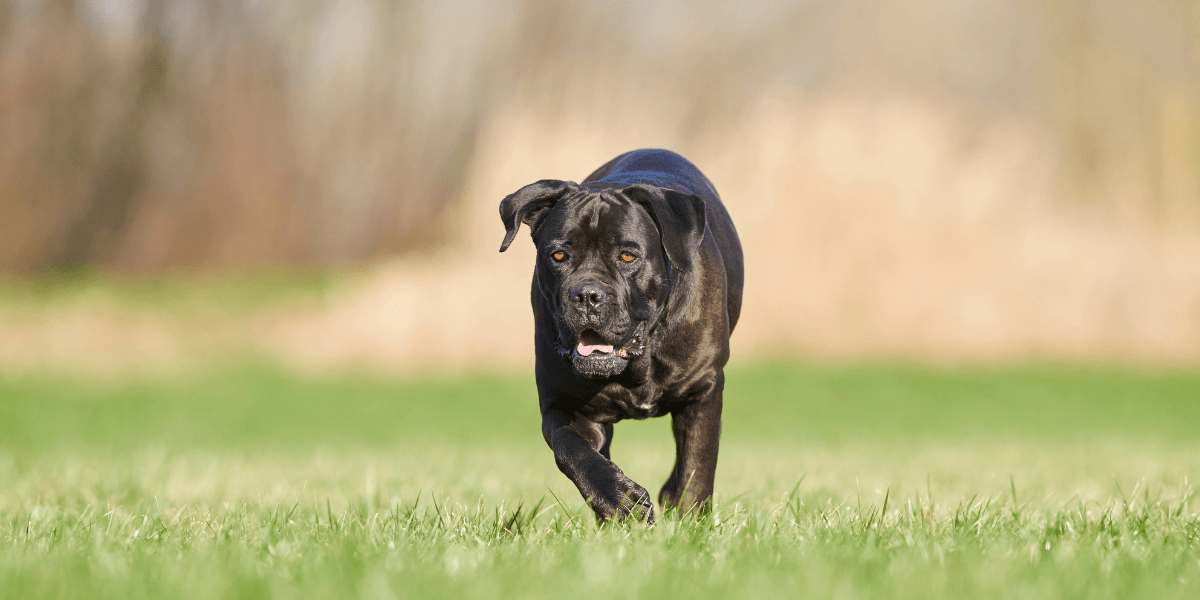
Use the same words and gestures to avoid confusing your puppy.
- Single words: Keep commands short like "sit" or "stay" for clarity
- Repetition: Practice commands daily to reinforce learning
- The tone of voice: Use a firm, calm tone to communicate authority
- Hand signals: Combine gestures with words for better understanding
- Family involvement: Ensure all members use the same commands
3. Positive Reinforcement
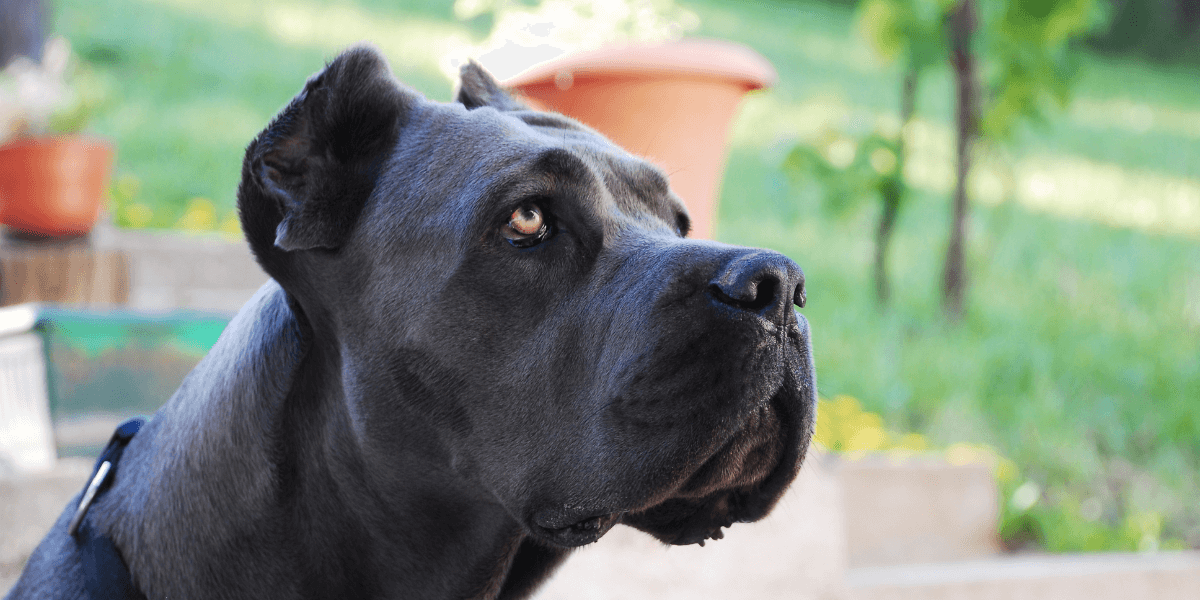
Reward-based training encourages good behavior and builds trust.
- Treats: Offer small, tasty rewards immediately after good behavior
- Praise: Use enthusiastic verbal praise to motivate your puppy
- Playtime: Include fun activities as a reward for obedience
- Affection: Physical affection like petting reinforces good actions
- Avoid punishment: Focus on rewarding good behavior rather than punishing bad
4. Socialization
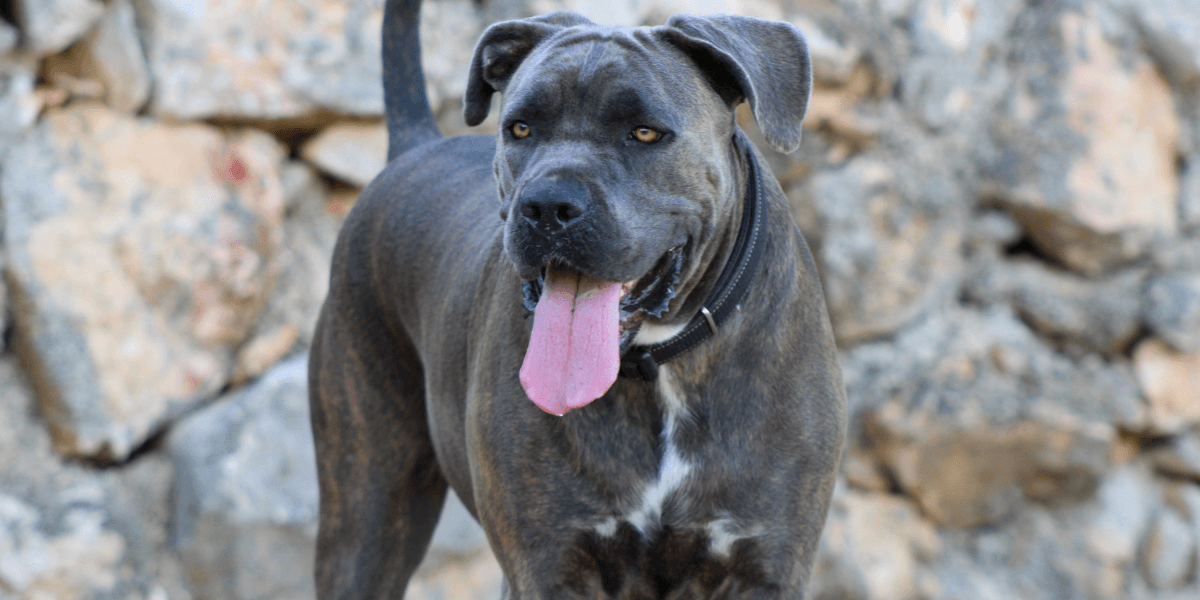
Early socialization prevents fear and aggression in your Cane Corso.
- Puppy classes: Enroll in a class to meet other dogs and people
- Walks: Take regular walks to expose your puppy to new environments
- Meet new people: Encourage your puppy to interact with strangers
- Other pets: Safely introduce your puppy to other animals
- Playdates: Arrange supervised play sessions with other dogs
See how Bernese Mountain Dogs and Cane Corsos thrive in families with proper socialization!
5. Crate Training
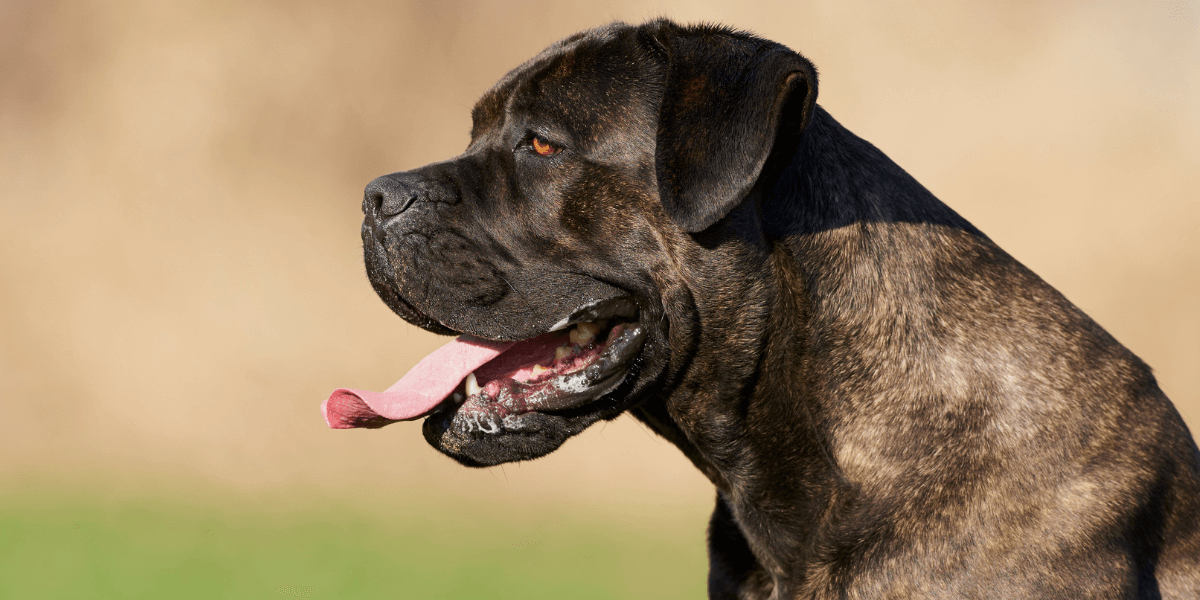
Crate training helps with housebreaking and provides a secure area.
- Crate size: Choose a crate large enough for your puppy to turn around
- Comfort: Include bedding and toys to make the crate inviting
- Gradual introduction: Start with short periods in the crate
- Positive association: Feed meals or treats in the crate to build a connection
- Patience: Be patient, some puppies may need time to adjust
Discover expert tips on crate training your Cane Corso to ensure a happy, well-behaved pup!
6. Leash Training
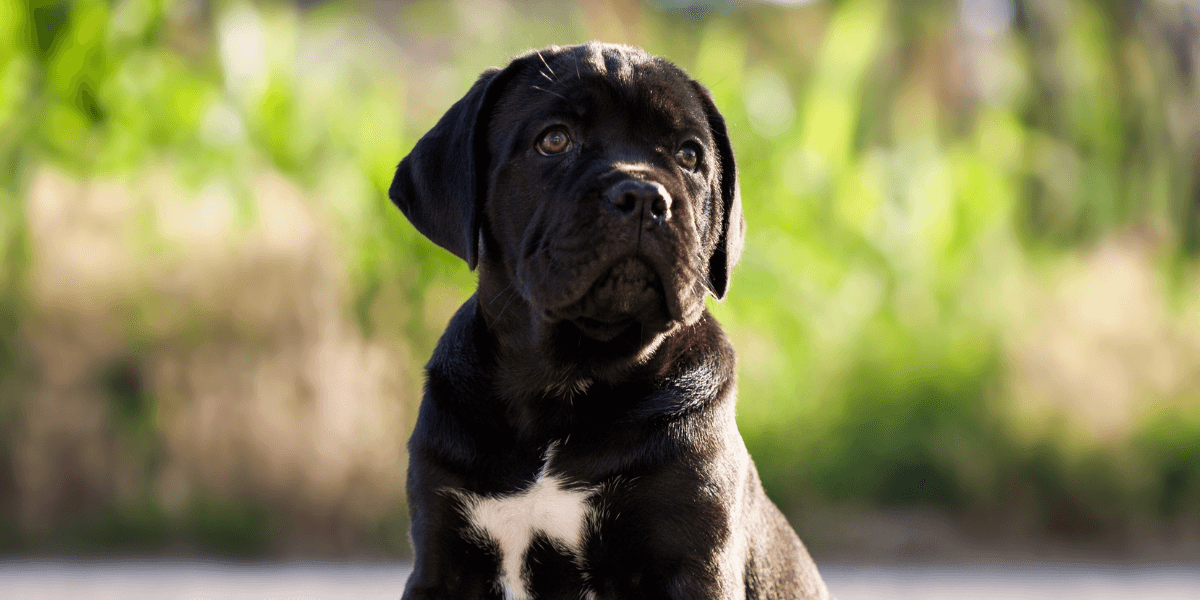
Leash training keeps your Cane Corso safe and under control outdoors.
- Start indoors: Begin by walking your puppy around the house on a leash
- Short sessions: Keep initial training sessions brief to build comfort
- Gentle corrections: Guide your puppy without pulling or jerking the leash
- Use rewards: Praise and treat your puppy for walking by your side
- Practice daily: Make leash training a part of your routine
7. Teach Basic Commands
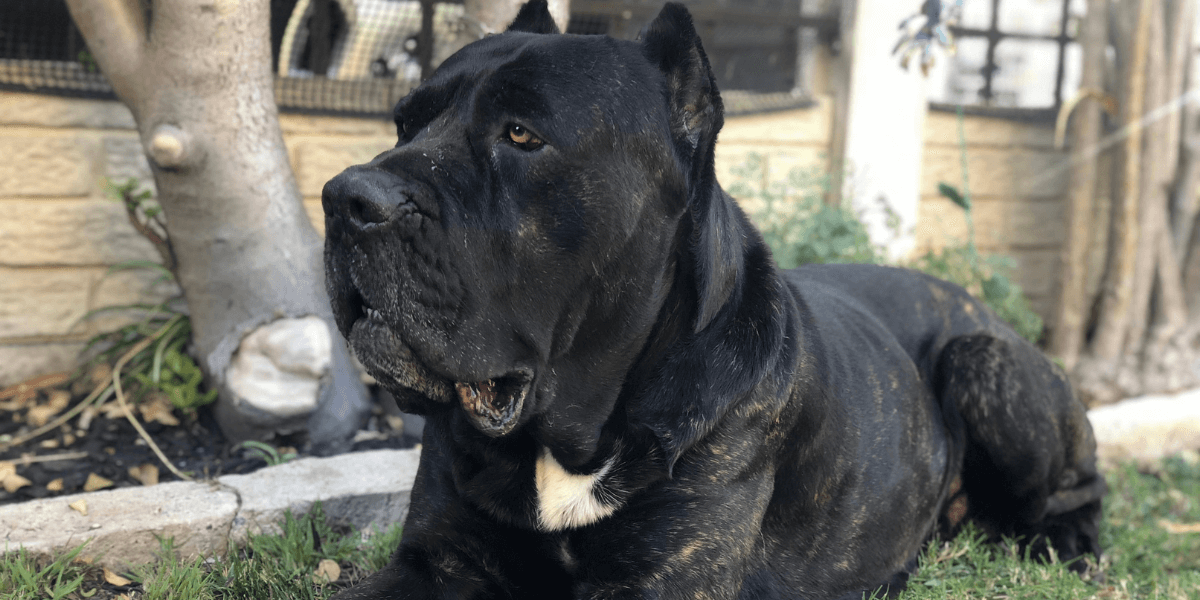
Basic commands are essential for safety and communication with your puppy.
- "Sit": Start with "sit" as the foundation of obedience training
- "Stay": Teach "stay" to prevent your puppy from wandering off
- "Come": Use "come" to call your puppy back to you
- "Leave it": Train "leave it" to prevent picking up dangerous items
- "Down": Use "down" to teach your puppy to lie down calmly
Discover how Cane Corso and Great Dane training overlap for raising well-behaved gentle giants!
8. Patience and Consistency
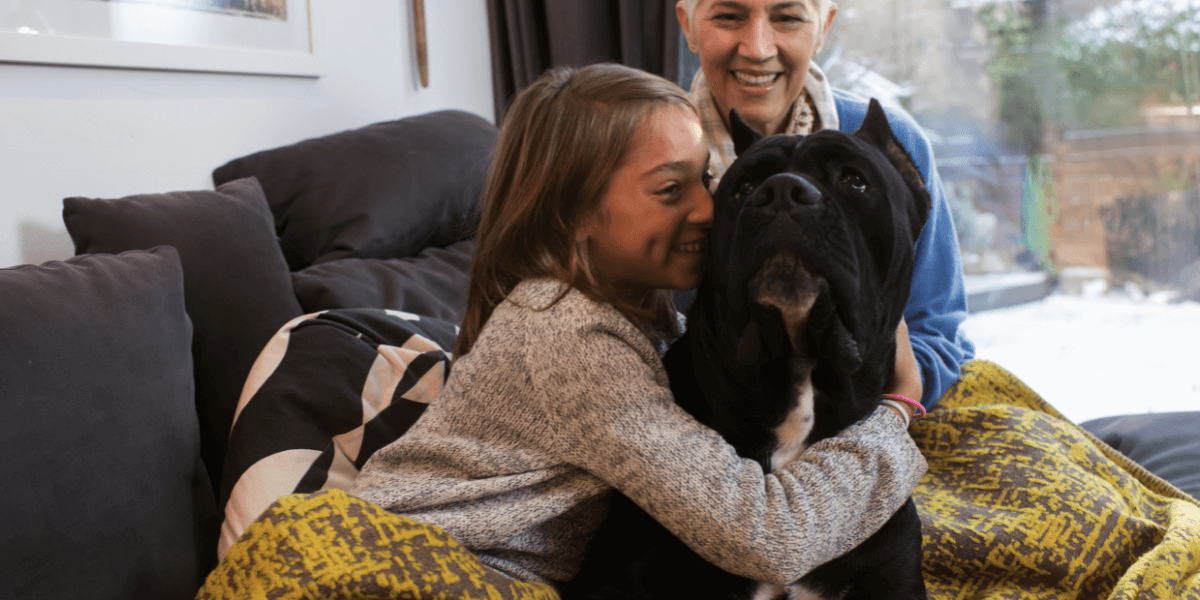
Training takes time, so be consistent and patient for the best results.
- Short sessions: Keep sessions under 15 minutes to maintain focus
- Daily practice: Practice commands and behaviors every day
- Patience: Understand that learning takes time and effort
- Avoid frustration: Stay calm and composed even when training is challenging
- Celebrate progress: Recognize and celebrate every small achievement
9. Avoid Overtraining
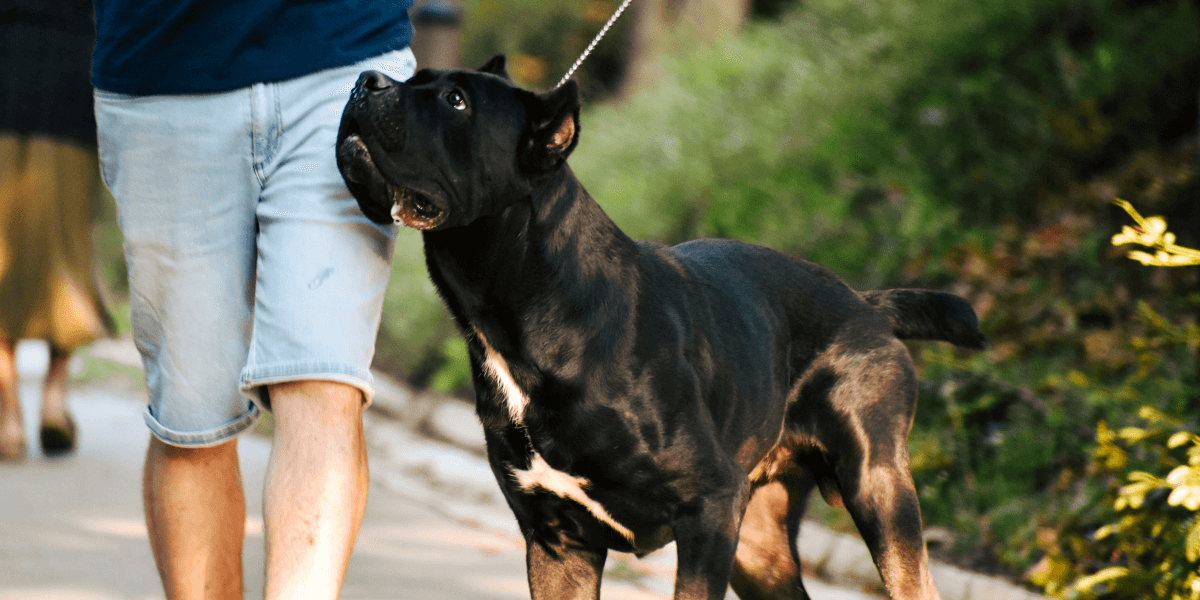
Balance training with playtime to keep your puppy engaged and happy.
- Limit sessions: Avoid sessions longer than 15-20 minutes
- Observe behavior: Watch for signs of fatigue or frustration
- Play breaks: Incorporate short play breaks between training exercises
- Rotate activities: Switch between commands to keep training fresh
- Know limits: Recognize when your puppy needs a break
Learn how to avoid overtraining your Cane Corso and keep their training stress-free and effective!
10. Seek Professional Help

A professional trainer can guide you in effective training techniques.
- Trainer choice: Select a trainer experienced with large breeds
- Group classes: Consider group sessions for socialization benefits
- Private lessons: Opt for one-on-one sessions for personalized guidance
- Online resources: Use videos and articles from reputable trainers
- Ongoing support: Engage with your trainer for continuous improvement
FAQs
1. How long should I train my Cane Corso puppy daily?
- 10-15 minutes per session, 2-3 times a day is recommended
2. When should I start training my Cane Corso puppy?
- Start training as soon as you bring your puppy home
3. What is the best method for training a Cane Corso?
- Positive reinforcement is the most effective training method
4. Are Cane Corso puppies easy to train?
- They are intelligent but require firm, consistent training
5. Can I train my Cane Corso myself?
- Yes, with patience and consistency, but professional help is beneficial
Conclusion
- 10 Essential Training Tips for Your Cane Corso puppy is vital for a well-behaved adult dog
- Start early and use positive reinforcement techniques consistently
- Focus on socialization to prevent fear and aggression
- Keep training sessions short and incorporate regular playtime
- Consider professional guidance to enhance your training methods
- Enjoy the journey of raising a confident, well-trained Cane Corso or Bernese Mountain Dog



